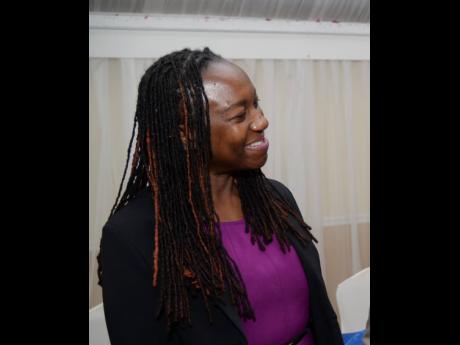New health deal shot in the arm
Half of the 5,000 patients on the health centre register are set to benefit from a public-private partnership on non-communicable diseases (NCDs) launched on Tuesday.
The pilot, which involves eight health centres and four private practices, is expected to run for six months, providing care for hypertension and diabetes patients with controlled conditions.
The programme was conceptualised prior to COVID-19 but was expedited to provide healthcare to patients with chronic illnesses with minimal risk to exposure to the virus.
Though patients with uncontrolled conditions would be at higher risk if infected with COVID-19, Dr Nicola Skyers, acting director of the Non-Communicable Diseases and Injury Prevention Unit, explained that they would still have to use public-health facilities as they require more visits and medical care than those with controlled states.
“If your blood pressure and your blood sugar are controlled, then that’s the first eligibility criterion for going out,” Skyers told The Gleaner.
The pilot will involve the Runaway Bay, St Ann’s Bay, May Pen, Comprehensive, Denham Town, Rollington Town, Hagley Park, and Maxfield Park health centres. The four private practices are Duke Street Medical and Healthline Medical in the Corporate Area, City Medical in Clarendon, and Providence Medical in St Ann.
The Government has committed $100 million to the pilot.
Health and Wellness Minister Dr Christopher Tufton said that patients are allowed four routine and two ad hoc care visits annually and will still have access to DrugServ and National Health Fund-engaged private pharmacies.
“Additionally, patients will still be able to access diagnostic or monitoring tests free of cost, and the private practitioners will be able to provide point-of-care testing for diabetic patients,” he said.
Tufton said that the programme would not only focus on treatment and improved access and quality of medical care, but also centre around preventative measures against NCDs.
Meanwhile, nephrologist Dr Basil Babolal is lobbying that kidney disease be considered among the NCDs for subsidy by the National Health Fund.
“All non-communicable diseases can lead to kidney problems from the medication that they give,” he said.
Babolal has also called for greater investment in upgrading health centres to facilitate persons with all NCDs as the programme expands over time.

